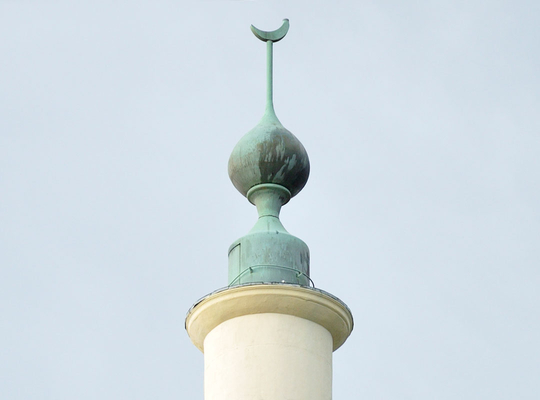You are here
Still no transparency in most Brussels mosques

The database of local religious communities, which is meant to enable the Brussels-Capital Region to map the unrecognised local religious communities in Brussels, is not yet operational. “Such a reliable database is nevertheless crucial to gain an overview of all local religious communities and in the fight against unauthorised foreign interference and religious radicalism,” says Brussels MP Mathias Vanden Borre.
At the end of 2021, the Brussels government reformed, among other things, the financing and recognition procedure of local worship services. This reform entered into force on 1 January 2023. One of the new features is the database. The representative bodies of the recognised religious services in Belgium – such as the Archdiocese of Mechelen-Brussels and the Executive of Muslims in Belgium – must provide the Brussels government with a list of the recognised or affiliated local communities before 31 January.
Over 100 mosques in Brussels
“But the Region only has data from the local religious communities that were already recognised by the Region: 97 Roman Catholic, 26 Islamic, 24 Orthodox, 16 Protestant, 9 Jewish communities and 1 Anglican community. However, there are over 100 mosques in Brussels, for example, as Rudi Vervoort has previously indicated. The government had more than a year to remind the recognised worship services of their obligations. Why has this still not happened?” asks Vanden Borre.
Foreign interference
Data on unrecognised local religious communities and local religious communities that do not belong to a recognised worship service are therefore not available. “These religious communities sometimes operate from garages or other premises. But also the largest mosque, Al Khalil in Molenbeek, for example, is not recognised. These can fall prey to foreign interference by sending preachers and by providing financial resources without any obligation of transparency,” says Vanden Borre.
Independent supervisory body needed
“In a cosmopolitan city such as Brussels, where different cultures and religions must live together, there can be no place for the negative influence on Brussels citizens through religion, and this in the service of the malign foreign policy of certain regimes or faiths. I therefore advocate an independent supervisory body that takes this task seriously, as was also established in Flanders,” Vanden Borre concludes.

